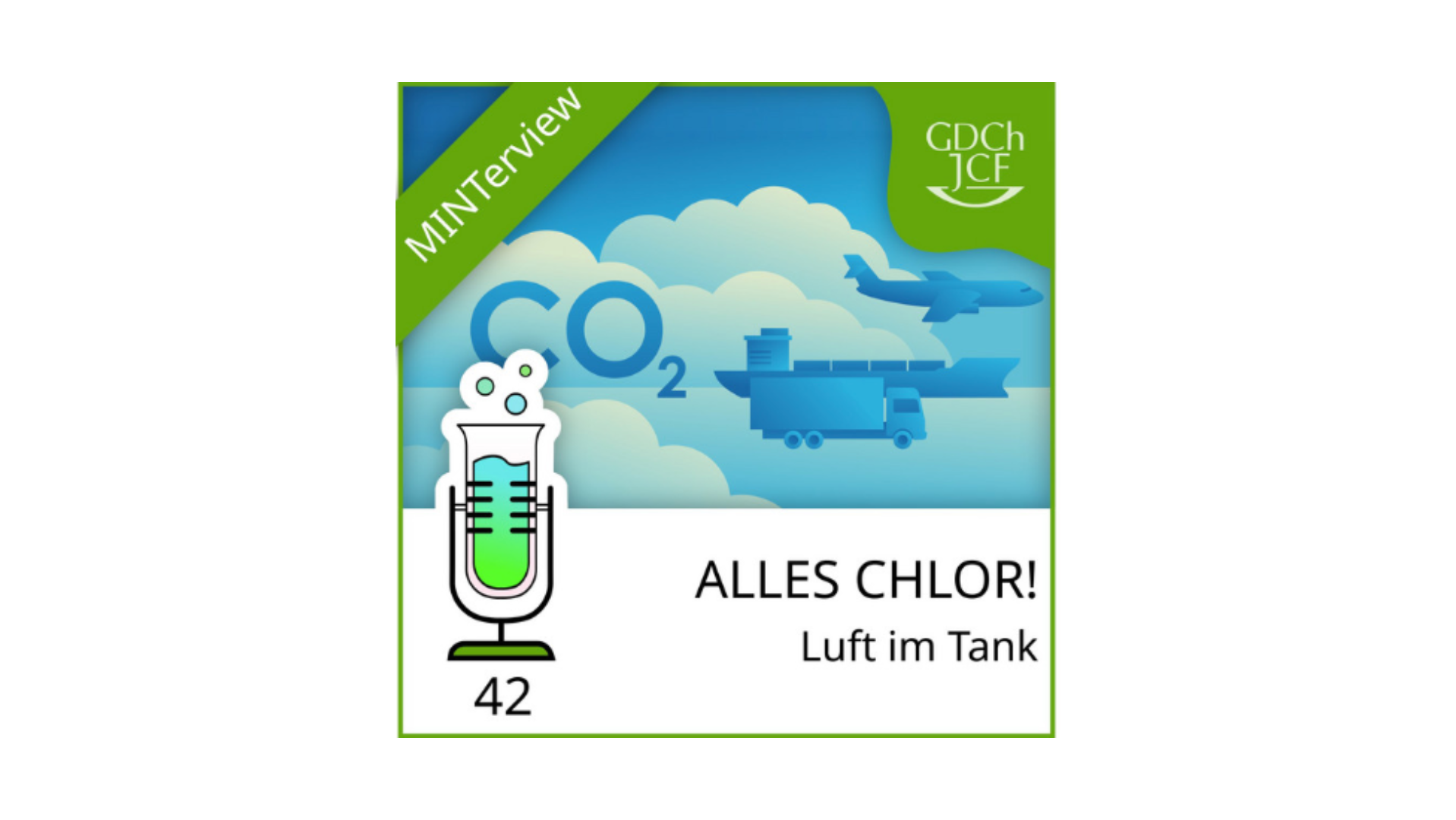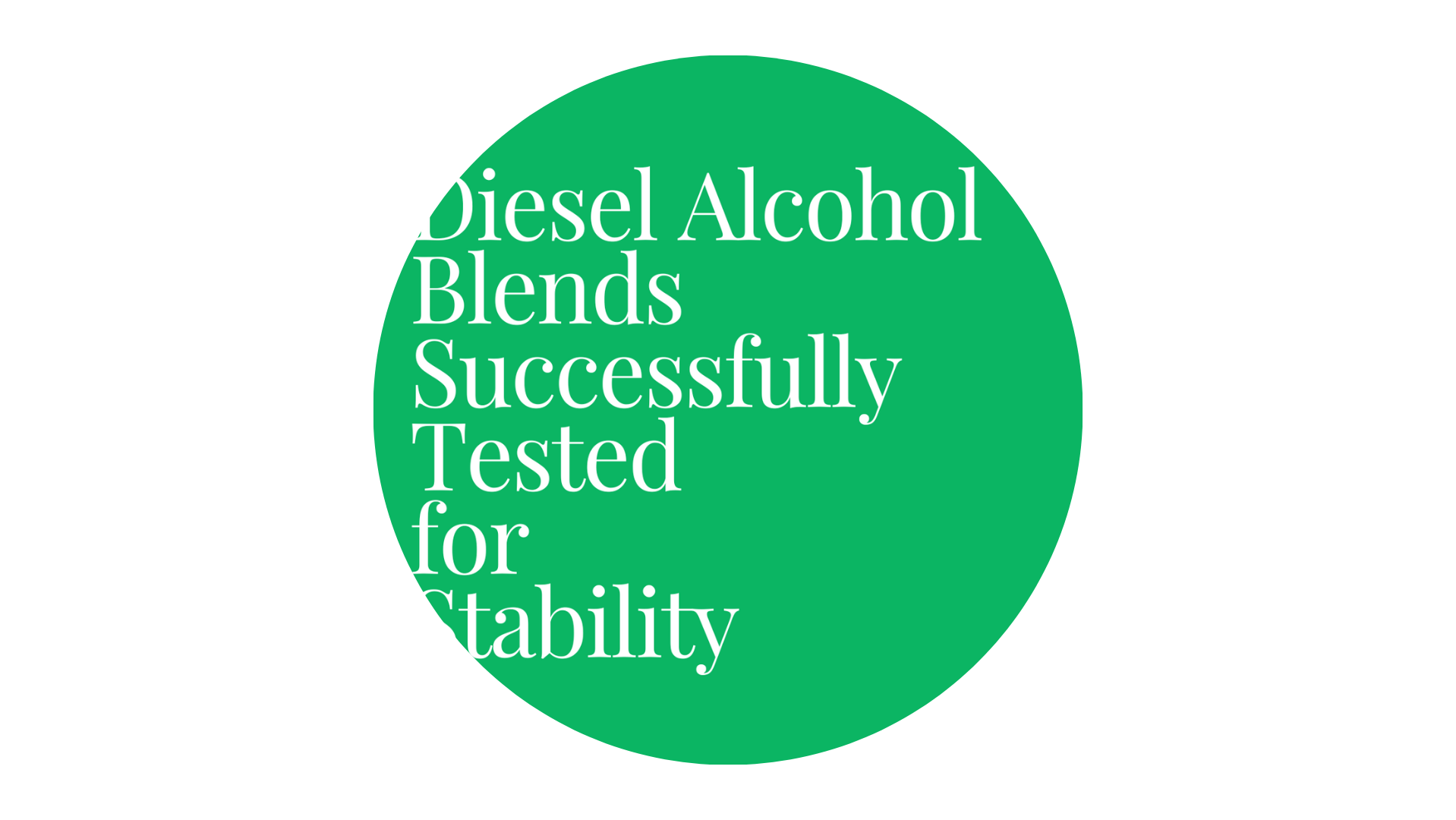Harilal, Yi-Lin Kao, Chao Pan, David Aili, Qingfeng Li
Available at: https://doi.org/10.1016/j.ssi.2024.116747
Abstract
Water and CO2 electrolysis at elevated temperatures in cells equipped with short-side-chain perfluorosulfonic acid membranes could potentially allow for new approaches to tuning catalyst kinetics and selectivity, but the membrane characteristics under such conditions remains to be described. In this work, a short-side-chain perfluorosulfonic acid membrane (Aquivion) is characterized at temperatures up to 150 °C and high humidification levels with respect to tensile behavior, ionic conductivity, permeability of hydrogen and methanol, and stability. The membrane is found to retain mechanical robustness at temperatures up to at least 130 °C while dehydration at temperatures above 100 °C under ambient pressure results in a significant conductivity decay. The densification of the membrane matrix at temperatures above the boiling point of water under varied pressures leads to reduced hydrogen and methanol permeability. Pressurization up to 5 bars effectively mitigates the conductivity decay due to the presence of liquid water but also results in increased permeability. The membrane stability test, as characterized by hydrogen crossover measurements, shows that humidification is a harsher stressor than temperature in the studied range.






